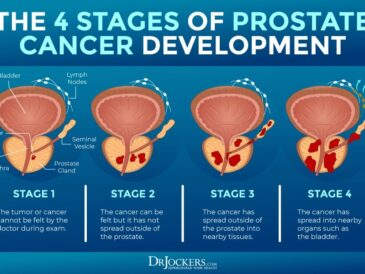A calamity befell Samson Ogbole while doing his fifth year in medicine. He found out that the university he was studying at was not properly accredited, forcing him to start all over at another.
Instead, he quit and switched to a BSc in biochemistry at Igbinedion University in Nigeria. It was while working towards this degree that the farming bug bit him.
Ogbole then went on to found Soilless Farm Lab in Ogun State, Southwestern Nigeria. The now 40-year-old is also currently a biochemistry PhD candidate at the Federal University of Agriculture in Nigeria.
He says he believes in the power of technology as an enabler for growth. “I am using my biochemistry love to ensure that food production and the food that we produce is healthy,” Ogbole, who is also known as “Farmer Samson”, says.
Ogbole’s Soilless Farm Lab is built on less than a hectare and has access to five hundred hectares through farmers that he trains. He grows a variety of vegetables. “We are growing plants in the air and AI-based irrigation systems for proper plant monitoring for optimum yield and predictability of food production,” he explains.
Cultural bias again soilless farming
He was inspired by the Bible story of when Jesus was looking for fruits at a big tree but could not get any because it was not the season for fruits, and instead cursed the tree.
To Ogbole, it meant that farming should not be seasonal. This led him to explore soilless farming.
“To produce out of season is one of the major keys to ensuring that there is proper poverty alleviation. We can remove the high price of food by removing seasons and increase the wealth of the people,” explains the farmer.
Ogbole sells his products on the Soilless Farm Lab website (sfarmlab.com). In the beginning, the reception was not good as people did not understand how one could grow plants without soil.
“The first and biggest challenge was the cultural bias against it of saying this thing is not natural and that it could be satanic,” says Ogbole. “It took a long while to get people to see this as science and not as satanic, so that was the first challenge.”
The award-winning farmer does not remember some of the awards he won and joked that he has to send a search party to collect the awards. In 2021, he was awarded a Royal African Award which is a recognition of the top 100 young Nigerians doing great things. Recently, he was nominated for the 2022 JCI Ten Outstanding Young Persons of Nigeria award in the Scientific and Technology Development category. He is currently a member of the royal court of the Ooni of the Ife kingdom in Nigeria.
Some advantages of soilless farming outlined by Ogbole are that the running costs are cheaper, but the start-up capital is higher. Farmers can grow crops all year round and he believes that the farming method is healthier for farmers. Soilless farming also allows for vertical planting, requiring less space and land, and can be more profitable.
Work and learn
Ogbole developed a “Work and Learn” programme as a way of empowering farmers in Nigeria that are interested in soilless farming. “Not many people are skilled in this area. Our curriculums have not changed yet to accept this method of farming so there is a need to have a lot of people trained. This is what we are doing; now and again, we organise free training,” he explains. “The goal is to steer the knowledge as much as possible.” In the programme, farmers are trained for free for a week on different themes such as setting up a nursery, packaging and post-harvesting, amongst other themes. They are equipped with knowledge that allows them to start their own farms and sell the crops to Soilless Farm Lab for profit.
Interested farmers can apply online once the opportunity has been advertised, which is on a first-come-first-served basis. There are no criteria, and any interested farmer can apply. “People are still hungry, there is still a job to be done. That is the motivation,” says Ogbole. – foodforafrika.com





